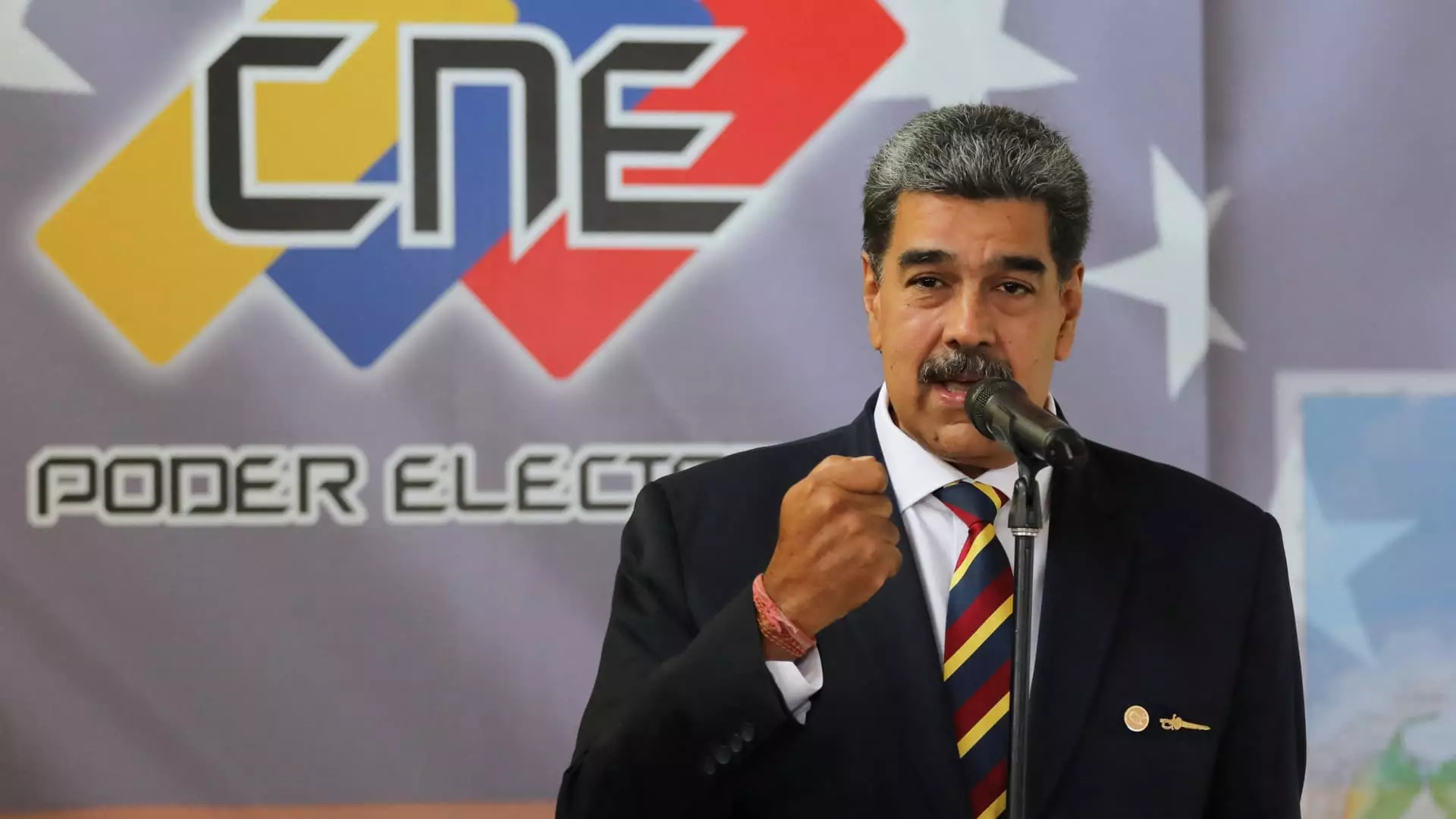Venezuelan President Nicolas Maduro recently made headlines by ordering a 10-day ban on a popular social networking platform, referred to as X. This ban was implemented following a dispute with tech billionaire Elon Musk. In a CNBC-translated speech, Maduro accused Musk of violating the platform’s rules by inciting hatred, fascism, civil war, and death among Venezuelans. He emphasized the importance of enforcing laws within the country and instructed the National Commission of Telecommunications (Conatel) to block access to the platform for 10 days. Internet monitoring firm NetBlocks confirmed that X is now restricted in Venezuela, with several internet service providers cutting off access to the site.
War of Words and Election Controversy
The feud between Maduro and Musk escalated when Musk called out Maduro for committing election fraud and referred to him as a dictator. In response, Maduro challenged Musk to a fight and declared his readiness to confront the tech billionaire. The tension between the two further intensified when protests erupted in Venezuela following a disputed presidential election marred by allegations of misconduct and fraud. Maduro’s government cracked down on the protests, deploying riot police to quell the unrest. Despite Maduro claiming victory in the election, foreign governments, including the U.S., cast doubt on the official results.
The international community has closely monitored the situation in Venezuela, with the U.S. and other foreign governments expressing concerns over the legitimacy of the election results. The U.S., in particular, reimposed sanctions on Venezuela in April to pressure Maduro’s administration over election-related issues. While Maduro declared victory in the election, his opponent, Edmundo Gonzalez Urrutia, also claimed to have won. The conflicting claims and the crackdown on protests have raised questions about the political stability and democratic processes in Venezuela.
The ban on a popular social networking platform in Venezuela raises concerns about freedom of speech and access to information within the country. By restricting access to the platform, Maduro’s government limits the ability of Venezuelans to express dissenting opinions and communicate with the outside world. The ban also highlights the power dynamics between political leaders and tech companies, as seen in the feud between Maduro and Musk. As tensions rise and allegations of election fraud persist, the Venezuelan population faces challenges in accessing uncensored information and participating in open dialogues.
The ban on a social networking platform in Venezuela, following a dispute between President Maduro and Elon Musk, reflects broader issues related to freedom of speech, democracy, and transparency. The ongoing political turmoil in Venezuela, coupled with international scrutiny and sanctions, underscores the need for a peaceful resolution and respect for democratic principles. As tensions continue to escalate, the Venezuelan population faces uncertainty about the future of their country and the protection of their fundamental rights.


Leave a Reply